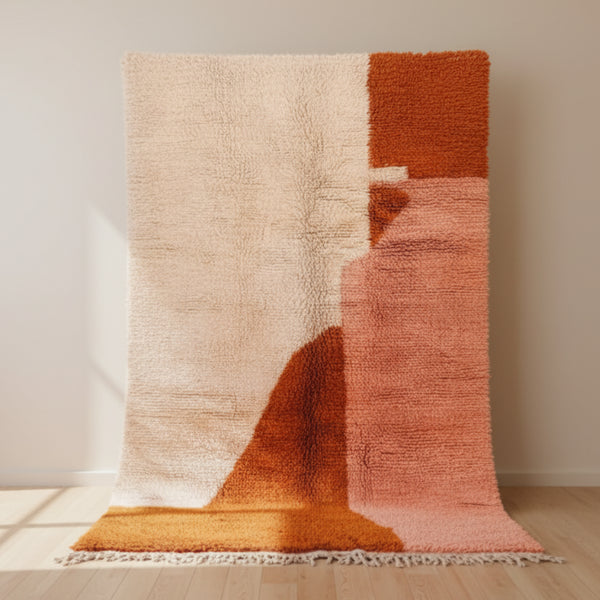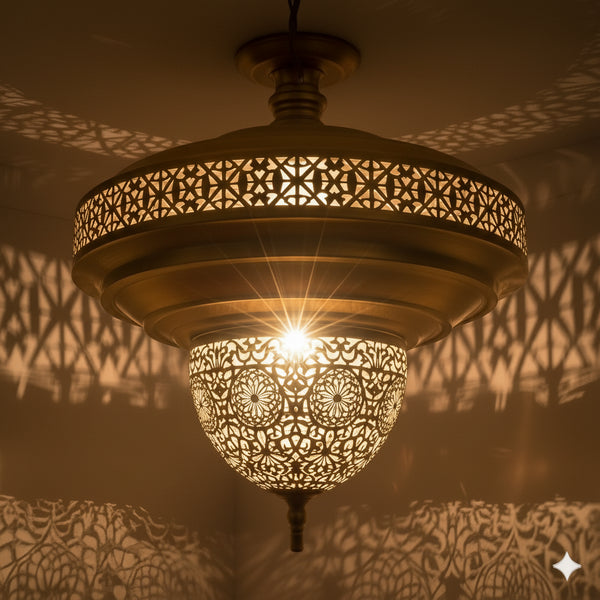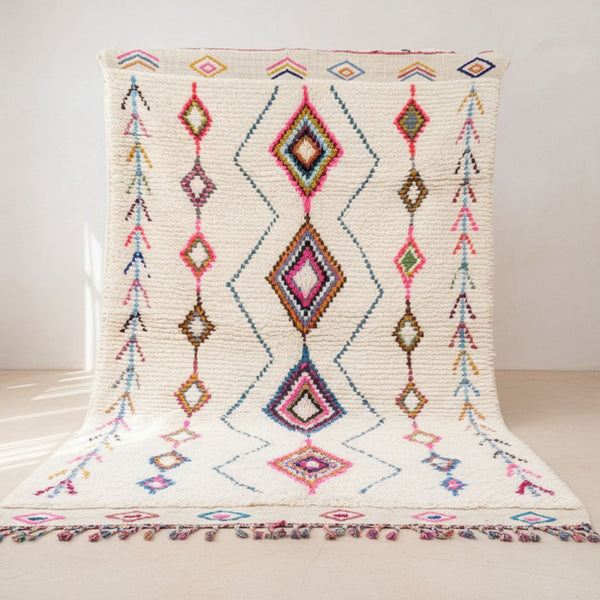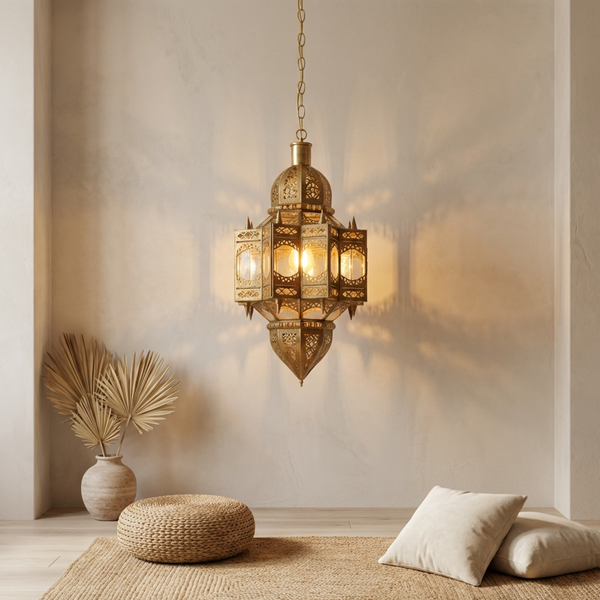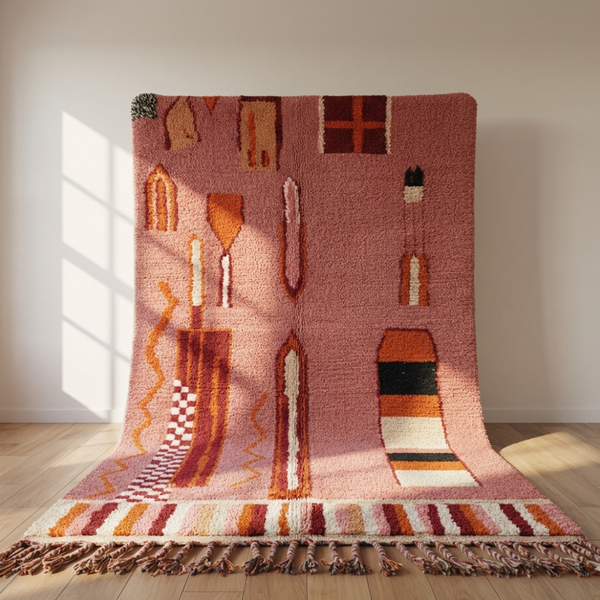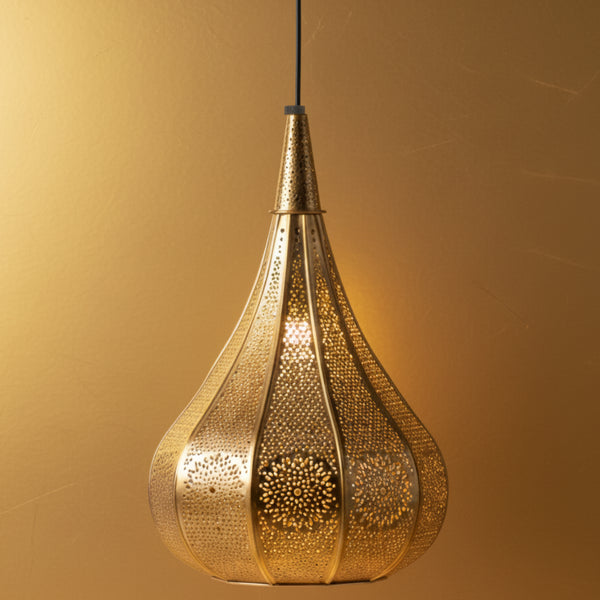How Are Moroccan Rugs Made?
Posted by ADIL ROUAY
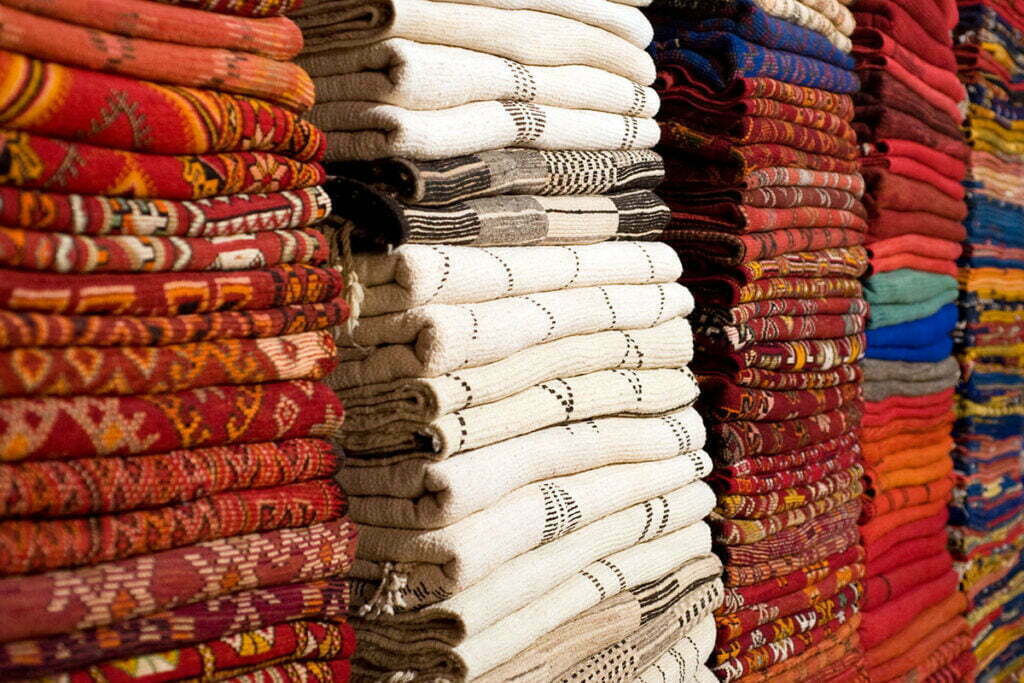
The Intricate Craft of Moroccan Rug Making: A Deep Dive into Artisanal Mastery
Moroccan rugs aren't just floor coverings – they're living stories woven with centuries of cultural heritage and unbelievable craftsmanship. These textile masterpieces represent more than just decorative items; they're a window into the soul of Berber traditions, passed down through generations of skilled artisans.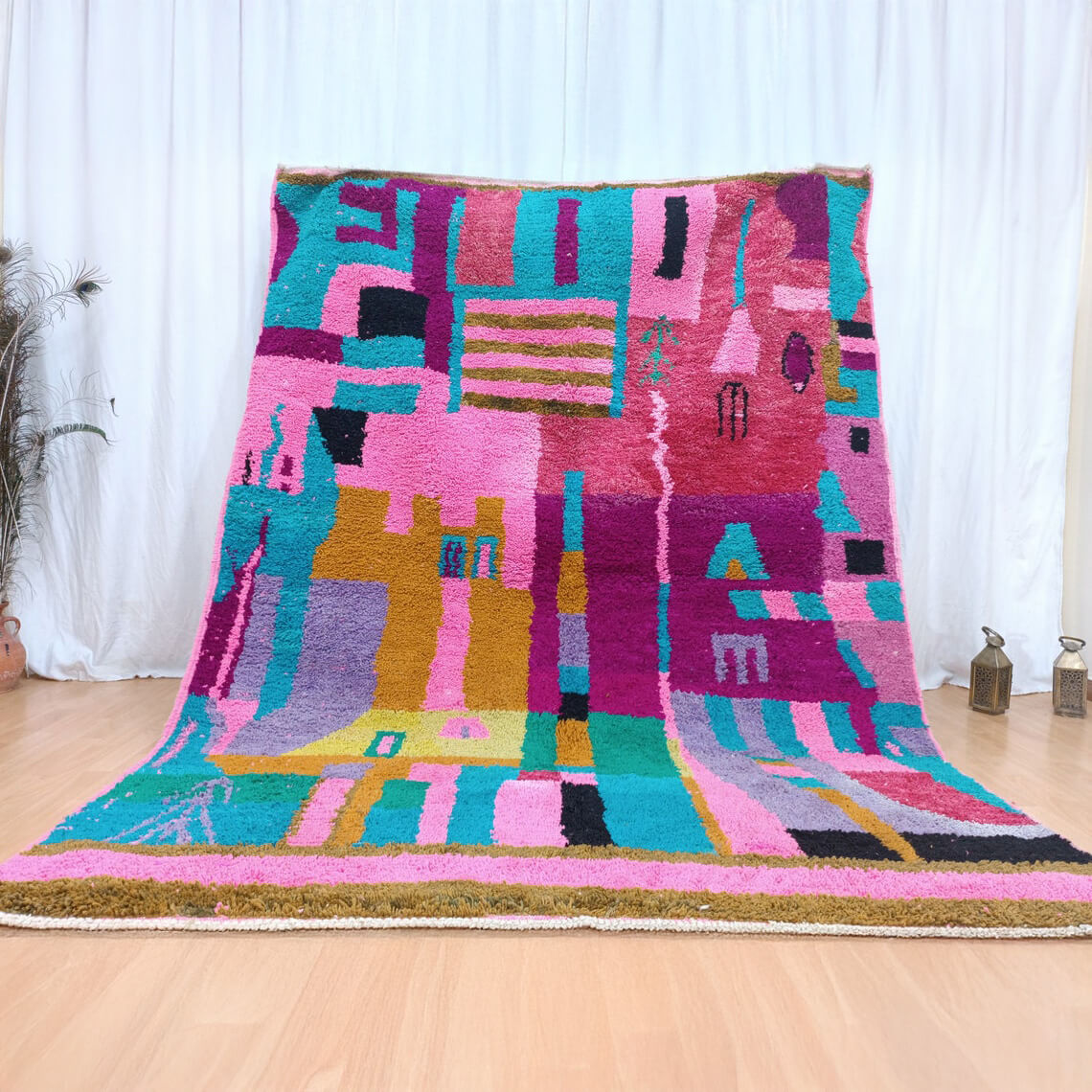
The Origins of Moroccan Rug Craftsmanship
The story of Moroccan rugs begins in the rugged Atlas Mountains, where Berber tribes have been creating these extraordinary textiles for thousands of years. Each rug is a testament to survival, creativity, and cultural identity. Key elements that make Moroccan rugs unique include: • Handcrafted techniques passed through generations • Use of local wool from mountain sheep • Symbolic design elements representing tribal stories • Intricate weaving methods specific to different regionsMaterials: The Foundation of Exceptional Moroccan Rugs
Wool is the primary material in traditional Moroccan rug making. The wool comes from local sheep breeds that roam the Atlas Mountains, producing exceptional quality fibers perfect for weaving. Preparation stages include: 1. Sheep shearing 2. Cleaning and sorting wool 3. Hand-spinning into yarn 4. Natural dyeing processes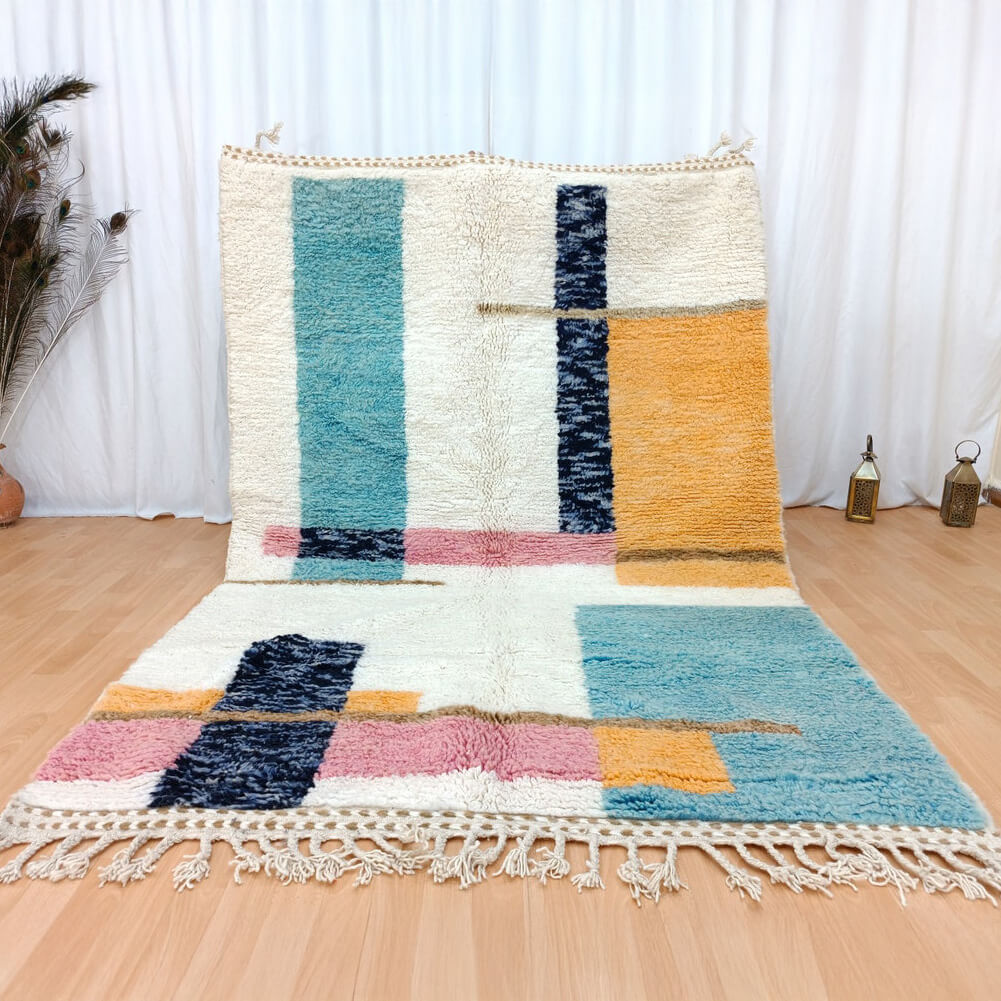
Weaving Techniques: An Art Form Refined Over Centuries
Moroccan women are the primary rug weavers, using traditional looms and techniques that have remained virtually unchanged for generations. The weaving process is incredibly labor-intensive, often taking weeks or even months to complete a single rug. For those interested in exploring authentic Moroccan rugs, check out our comprehensive rug collection featuring handmade masterpieces. Specific weaving techniques include: • Flat weave (Kilim) • Pile weaving • Intricate knot-tying methods • Geometric and symbolic pattern creationDesign and Symbolism: More Than Just Decoration
Each pattern in a Moroccan rug tells a story. Geometric shapes, tribal symbols, and color combinations aren't random – they represent: • Family history • Spiritual beliefs • Protection symbols • Life experiences For those seeking a specific style, our authentic green checkered Berber rug showcases traditional craftsmanship.Natural Dyeing: A Sustainable Tradition
Traditional Moroccan rug makers use natural dyes derived from: • Saffron (yellow tones) • Pomegranate skin (browns) • Indigo (blues) • Poppy (reds) • Mint (greens) These natural dyes ensure color longevity and environmental sustainability.Regional Variations in Rug Making
Different Moroccan regions produce distinct rug styles: • Azilal Rugs: Colorful, abstract designs • Beni Ourain: Minimalist white/cream with geometric patterns • Boujaad: Vibrant, eclectic color combinations • Taznakht: Intricate, detailed patternsModern Challenges and Preservation
While traditional techniques continue, modern challenges include: • Declining number of master weavers • Competition from machine-made alternatives • Economic pressures on artisan communities Efforts to preserve this craft involve: • Cultural education programs • Fair trade initiatives • International recognition of traditional craftsmanshipFrequently Asked Questions
How long does it take to make a traditional Moroccan rug?
Depending on size and complexity, a single rug can take between 2-6 months to complete, with intricate designs taking even longer.
Are Moroccan rugs expensive?
Prices vary based on size, complexity, materials, and craftsmanship. Authentic, handmade rugs can range from a few hundred to several thousand dollars.
How do I care for a handmade Moroccan rug?
Vacuum regularly, avoid direct sunlight, rotate occasionally, and have professional cleaning every few years to maintain its beauty and integrity.
What makes Moroccan rugs different from other handmade rugs?
Moroccan rugs are unique due to their specific tribal designs, symbolic meanings, natural materials, and generations-old weaving techniques specific to Berber culture.
Can I purchase authentic Moroccan rugs online?
Yes, reputable dealers like King of Handmade offer certified authentic Moroccan rugs with transparent sourcing and fair trade practices.
